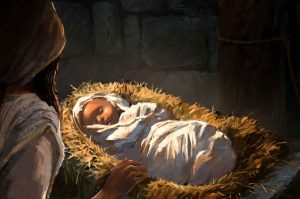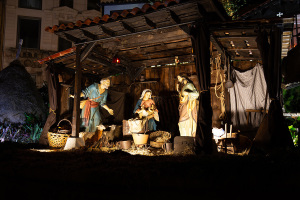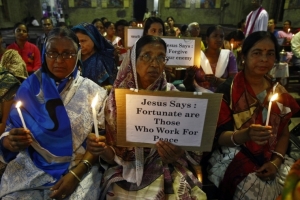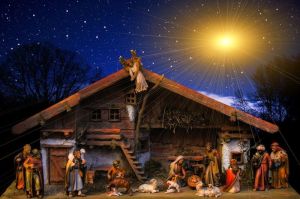Why I hate forced diversity
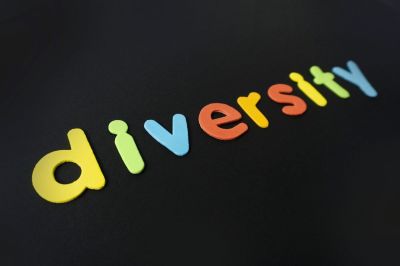
I hate that almost every TV show today forces diversity — especially since what Hollywood labels as “diversity” is actually the opposite of diversity. If every TV show looks the same, is that real diversity?
Every TV show now has the same type of “diverse” characters. Almost every TV show today looks like an infomercial for the United Nations. Hollywood is more interested in producing racial quotas than producing good stories. Every show today has at least one major character who’s black, Latino, brown, Asian — and for a two for one: LGBTQ.
For that reason, we’re losing sight of what real diversity looks like. Our dogmatic attempts to create more diversity are actually creating less diversity.
When I was a boy, my favorite TV shows were "Family Matters," "The Fresh Prince of Bel-Air," "The Famous Jett Jackson," "Smallville," "Malcolm in the Middle," and especially: "Road to Avonlea" and "The Wonder Years."
These shows had either entirely black characters, entirely white characters, mostly white characters, or an equal mixture of white or black characters.
They were all so different from each other. That’s real diversity.
"Family Matters" is about a (black) middle-class family. "Fresh Prince" is about a (black) upper-class family. "The Famous Jett Jackson" is about a popular (black) teenage actor who moves back to his multi-ethnic small town.
"Road to Avonlea" is a spinoff of "Anne of Green Gables." It’s about an average (white) Canadian family in early-19th century Prince Edward Island. "The Wonder Years" is a coming-of-age story about a boy from a (white) middle-class family in the 1960s and 1970s.
In some ways, I don’t have anything in common with all the main characters from these shows.
When I started watching reruns of these shows in the late 1990s, I was a new immigrant from Ghana to Canada. I was 10 years old, and I lived in the poorest neighborhood in Montreal with my family.
Between all the characters, Steve Urkel from "Family Matters" looked most like me, I suppose. But he had more in common with Kevin Arnold from "The Wonder Years" than he had with me.
Nevertheless, these shows didn’t attempt to appeal to my skin color — they appealed to my humanity.
This is why "Road to Avonlea" and "The Wonder Years" are my favorite shows. Although I do not share their characters’ skin color or setting, I share the same universal human experiences.
For instance, Kevin Arnold and I were around the same age, and we had the same frustrations with our families, school, friends, and especially, girls. No show from my childhood had a bigger impact on me.
Predictably, there’s a new reboot of "The Wonder Years" with an entirely black cast. The producers suggest this version is more appealing to black people than the original version. However, like most people — I haven’t watched a single episode of the series. The woke trailers were enough for me.
I’m glad I grew up watching “black” shows like "Family Matters" and "The Fresh Prince of Bel-Air"; “white” shows like "The Wonder Years" and "Road to Avonlea," and shows with a mixture of black and white characters like "The Famous Jett Jackson."
These shows didn’t look identical to each other. They weren’t pressured to submit to critical race theory and intersectionality. They aren’t woke. And for that reason — they didn’t unrealistically feature every kind of person in the world.
Christians who repeat empty phrases like “representation matters” do not acknowledge how that restrains individuality and creativity, and they do not seem to understand how that phrase promotes the increasingly disproportionate number of homosexual and transgender people in TV shows today.
Diversity isn’t when every TV show features the same kind of “diverse” characters. Real diversity is when every TV doesn’t have to submit to “diversity.” Some stories are better told with an ethnically diverse cast, and other stories are better told with an entirely white, black, brown, Latino, or Asian cast.
That’s real diversity. I grew up watching those types of shows. I learned more about our similarities and differences that way.
Today, however, every TV show looks the same — it’s unrealistic and uninteresting.
Originally published at Slow to Write.
Samuel Sey is a Ghanaian-Canadian who lives in Brampton, a city just outside of Toronto. He is committed to addressing racial, cultural, and political issues with biblical theology, and always attempts to be quick to listen and slow to speak.
















